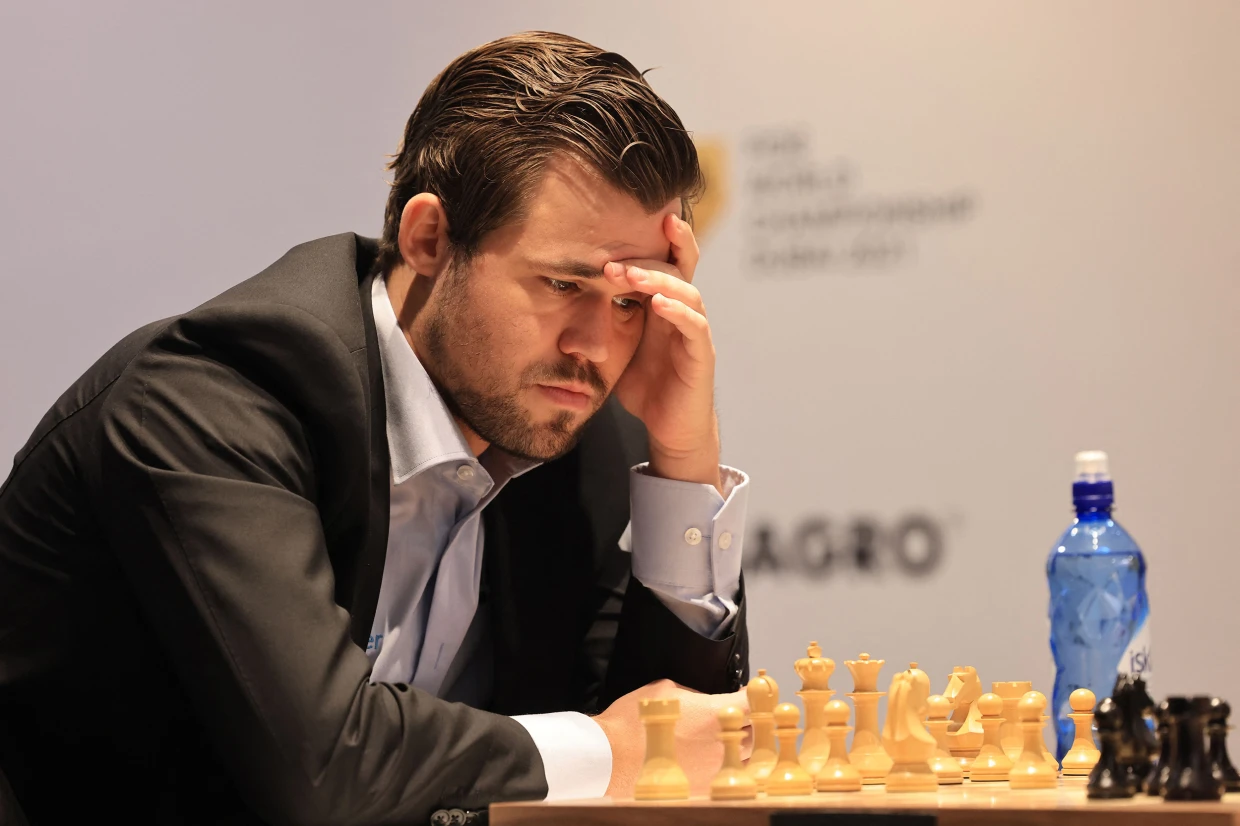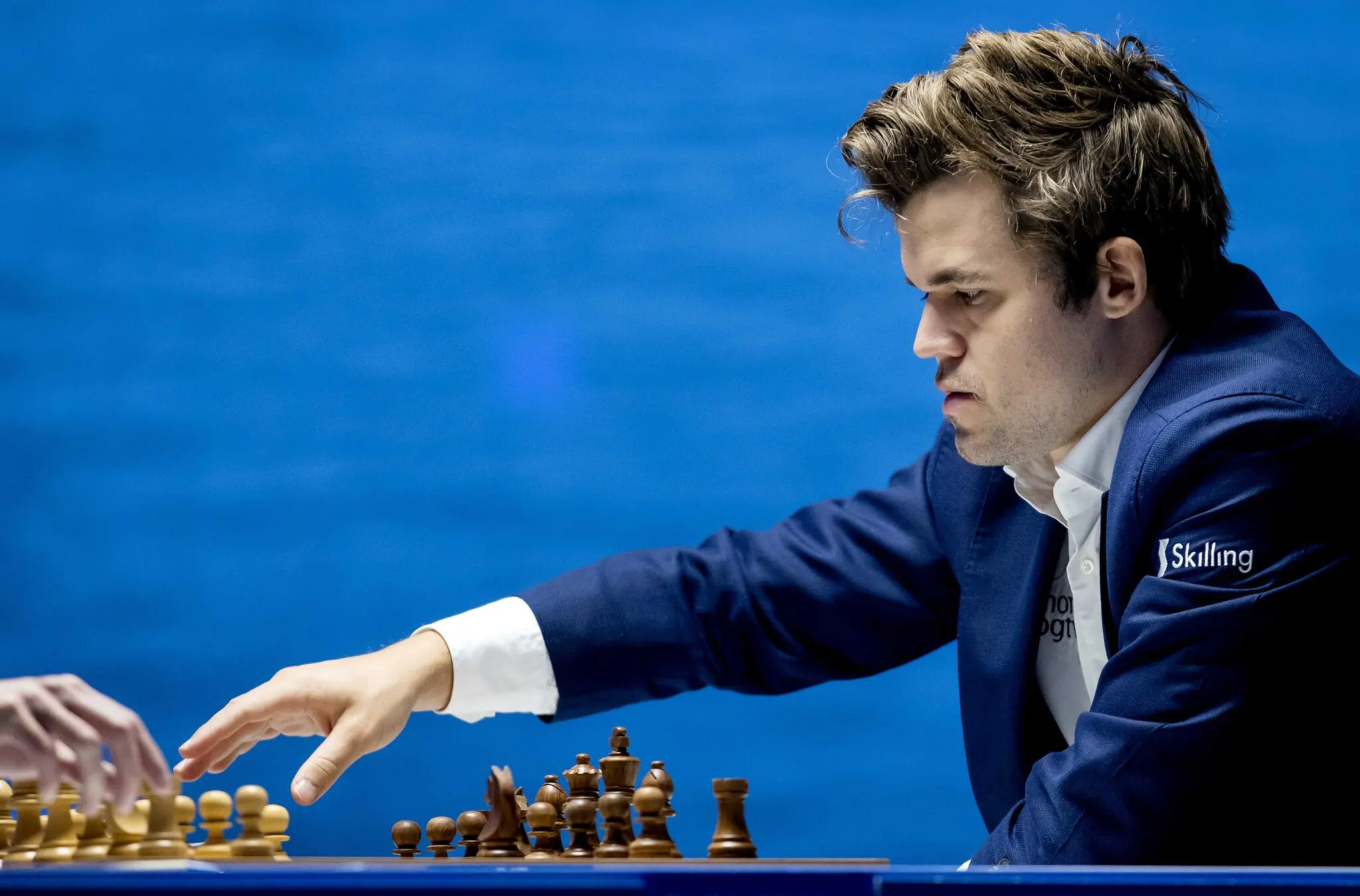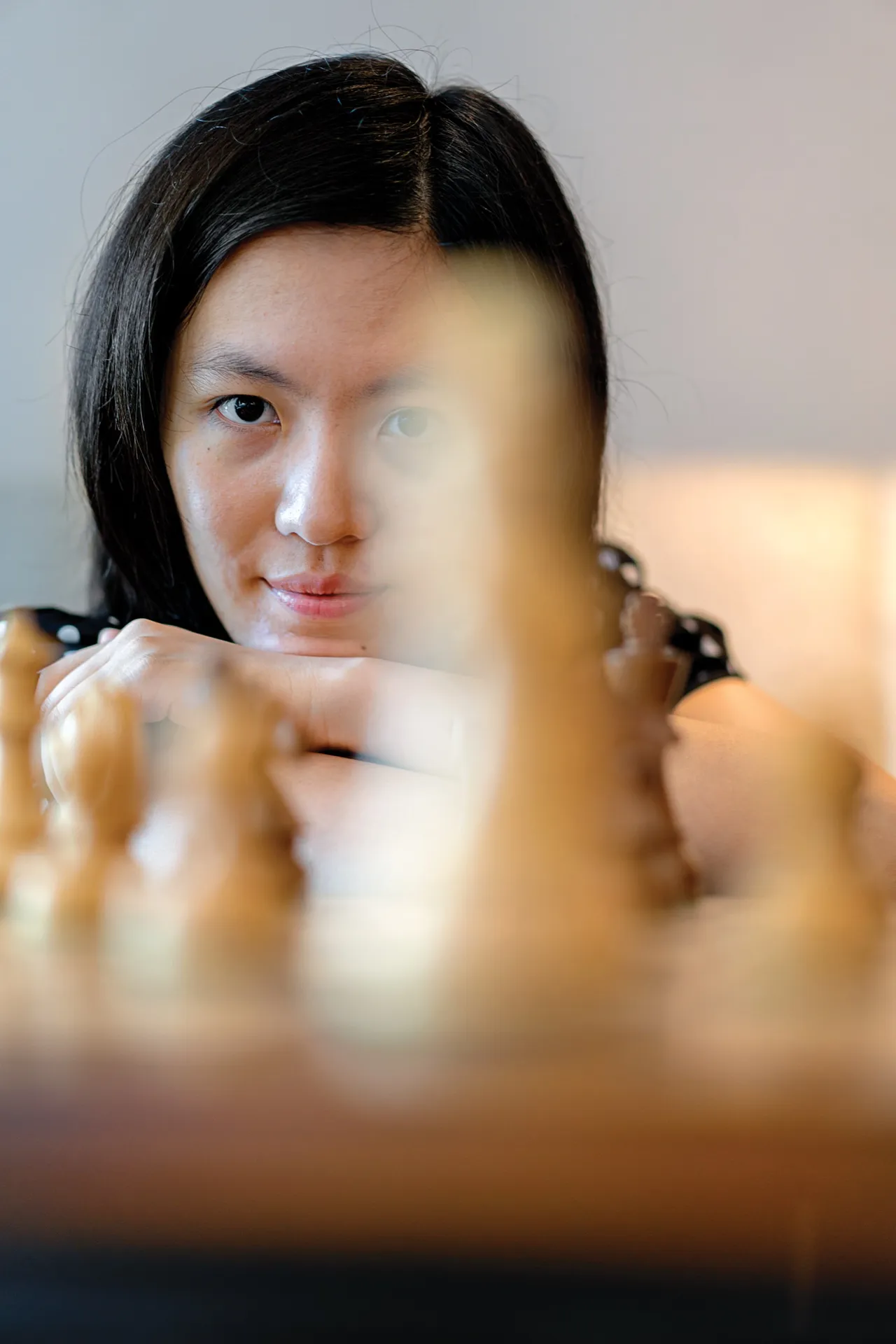Even by the standards of chess prodigies, Hou Yifan stood out. It wasn’t so much the way she played the game—dynamically but not dazzlingly, with an aggressive but flexible style. It was that she was a girl. Thirteen years after she became a Grandmaster, at the age of fourteen, people still mention the two big barrettes that used to pin back her bobbed hair. “I never felt restrictions or limitations,” she told me recently, from her home in Shenzhen, China, where she is a professor at Shenzhen University’s Faculty of Physical Education. (Last year, at twenty-six, she became the youngest full professor in the university’s history.) “My parents never taught me that as a girl you should do this or that,” she said. “Teachers never shaped my views in that way.” These days, her hair falls to her shoulders, and black cat’s-eye glasses frame her face. She speaks English quickly and precisely; she spent a year at Oxford as a Rhodes Scholar, studying public policy. She is the only woman among the hundred best chess players in the world, at No. 82. The second-ranked woman, Aleksandra Goryachkina, a Russian in her early twenties, is outside the top two hundred.
Chess is not like basketball or soccer. Men and women face one another on equal terms, and no one can tell the gender of a player from the moves on a scorecard. Still, of the seventeen hundred and thirty-two Grandmasters in the world, just thirty-eight are women. Much of this gap stems from how many women compete, versus the number of men who do: around sixteen per cent of tournament players identify as female, and most of them are children. As a purely statistical matter, you would expect few, if any, women at the extremes of the rankings. Still, this appears to be an incomplete explanation of the disparity at the top of the game, about which Hou is blunt. “You cannot deny it, you cannot pretend it doesn’t happen,” she told me, of the absence of women from chess’s highest echelon. For years, she has been the only one who stood a chance.
Hou was born in 1994 in Xinghua, a small city near China’s coast. As a child, she spotted a chess set in a shopwindow, and liked the shapes of the pieces: the sturdy pawns and slender-necked bishops, the castellated rooks and horse-headed knights. When she was five, she started playing the game with other kids at the home of a chess teacher, and showed enough talent that her parents enrolled her a year early in the local school, which had a chess program. She and her classmates would consult a large chess dictionary and write out the first few moves of famous openings—the Scotch, the Ruy Lopez—on a sheet of paper. Then they’d set up their boards, dutifully execute their copied instructions, and launch their wild attacks.
Hou liked calculating how one move would provoke another, and started thinking in terms of sequences. She developed a sense of where to push and when to defend. Her coach at school could take her only so far, but, at a tournament, she met an International Master and former national champion named Tong Yuanming, who taught chess in Shandong Province, a few hours north. Tong said that he would consider taking her on. He sat Hou at a board and had her face his top pupils, all boys. They had studied chess theory; they knew how to checkmate with only, say, a bishop and a knight. Hou did not know endgames, but she beat most of them anyway. She was seven years old.










